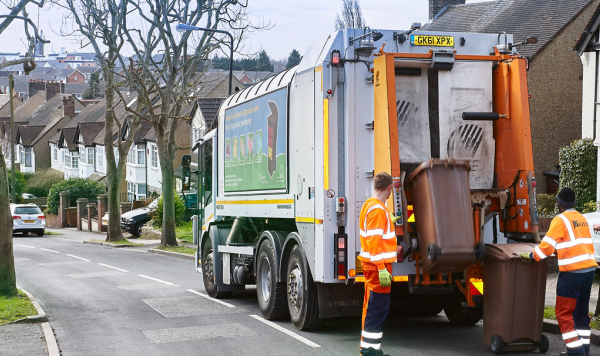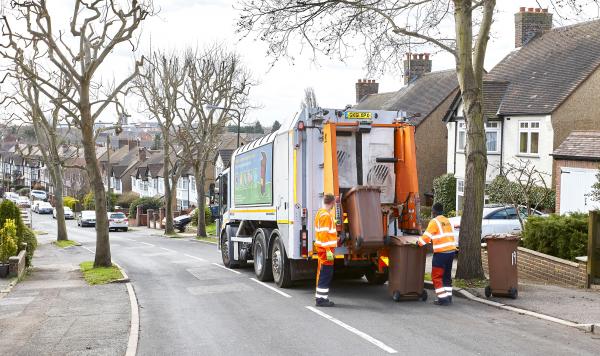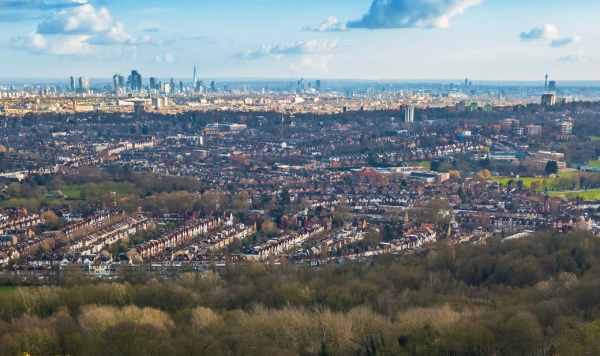Request
The issues and questions are concerning:
- Air pollution, the 30 breaches reported in the last year, the impact on the health of the communities in the neighbourhood,
- The low levels of recycling and high levels of plastic being burnt and greenwashing obfuscation of the impact,
- Alternatives to incineration in an ecological and climate emergency,
- Clarification of conflict of interest for individuals holding posts in both, and their remuneration, between the NLWA and its wholly owned Waste contractor LondonEnergy Ltd
- Transparency and accountability to the public concerning the annual accounts:
- 20/21 have only been approved in April 23
- 21/22 are to be hoped for in July 23
- 22/23 have not been audited either
Response
Dear Ms Hackman,
Thank you for taking the time to address North London Waste Authority at the Annual General Meeting on 22 June 2023 and highlighting the importance of acting in the time of Climate Emergency.
I want to emphasise the importance members place on understanding the wide range of developments related to responsible waste and resource management. We have been at the forefront of encouraging initiatives to reduce waste in our boroughs and supported the reduction in environmental impacts of waste.
Our recent Corporate Peer Review conducted by independent parties recognised the progressive agenda the Authority is successfully pursuing and how we are leading the charge for positive changes in the face of the waste crisis.
I addressed some of the points in the meeting which we have discussed on many occasions and wanted to provide a full response to share how we are considering these as we carry out the vital services NLWA provides for north London’s residents.
You raised concerns about the operation of a facility in a deprived area of north London.
Our project is providing crucial investment to protect the environment and improve the quality of life for local people. As a result of the advanced emission controls, the contribution of the new Energy Recovery Facility to pollutant concentrations at ground level will be effectively zero and the predicted concentrations are well below the limits of detection. By comparison, in Enfield, road transport emissions are responsible for 43.5% of NOx, while the industrial and commercial sector contributes 52.1%. Real action to improve air quality needs to focus on these sources and not our facility, which will carry out a vital public service for nearly one quarter of London’s population while protecting public health and diverting thousands of tonnes of rubbish from landfill every year.
You raised questions about the emissions breaches from the current Energy from Waste facility.
The issue, which was mainly caused by gas canisters in the waste, is an industry-wide issue and we are working with LEL to extract these prior to incineration. However, with the enormous levels of waste we receive inevitably some canisters have been getting through. It’s important to clarify that those breaches caused short spikes in a 30-minute period. Daily limits set by the Environment Agency were not exceeded in these gas canister incidents. There would have been no effect on the health of the local community. On the completion of a new energy recovery facility at the site we will be able to incorporate advanced emissions control technology.
You mention low levels of recycling & high levels of plastic in general waste going to incineration.
Recycling percentage targets are known to reflect unfairly on authorities with high population density. However total waste volumes are also lower in north London compared to similar population-sized councils in the UK.
Local authorities across the UK with higher recycling rates are predominantly suburban/low-rise, and a significant proportion of their recycling made up of garden waste. NLWA’s area is made up of inner London boroughs, where most homes do not have gardens.
Under the Environment Act 2021, the Government has set a target to reduce residual waste per capita by 50% by 2042 from 2019 levels and this is where our focus needs to be to measure the success of our activities. Rather than focusing simply on recycling rates, our primary objective is to reduce waste in the first place. If we are to move towards a circular economy, the reduction in the volume of waste per capita is likely to become the most reliable and climate-effective indicator of performance.
NLWA is a national pioneer when it comes to identifying and finding solutions for traditionally more difficult items and materials for recycling such as mattresses and polystyrene. In regards, plastics ending up in residual waste, it is systemic change that is crucial to get rid of unnecessary single-use plastics. NLWA has campaigned on this, for example by supporting the Everyday Plastic Choose Loose campaign and urging the Government to implement Extended Producer Responsibility. We are also currently trialling the rollout of ‘hard plastic’ recycling at two of north London’s Reuse and Recycling Centres (RRCs). The trial is proving to be successful with 25 tonnes already collected and we are now hoping to extend the service to other RRCs over the coming months.
However, the worrying and extensive delays in implementing the Deposit Return Scheme and Extended Producer Responsibility and the current lobbying against these schemes are all preventing reductions in plastic use. As a well-known activist, with your understanding of the myriad issues associated with the Climate Emergency, we would very much welcome your support in raising awareness amongst north London residents as well as using your influence to pressure the Government to implement these measures more quickly.
It is imperative that fossil fuel-based plastic waste is systemically reduced. However, we also have to deal with the residual waste from two million residents that exists now and will exist in years to come. There is not another viable solution with the same environmental and social benefits as a modern energy recovery facility at the site in Edmonton. Sorting facilities are not proven at the scale we require in north London and sending waste to landfill would have far worse consequences on the climate.
You asked for clarity on the NLWA Members on the LondonEnergy Board.
There are no conflicts of interest. Having NLWA Members, who are elected public officials accountable to council taxpayers, on the LEL board helps to ensure coordination between the two organisations and ensure that the most effective services are provided for residents. In particular, it helps ensure the complex construction of new facilities at the EcoPark in Edmonton, which are currently underway, and the ongoing operation of the current energy-from-waste plant are managed in an integrated way.
Councillors who become LEL board members receive an allowance for their time which is comparable to the allowance they receive as councillors. These are registered on their borough register of interests. Board members will never receive a share in any profits because LEL is publicly owned. Profits help reduce the cost of waste disposal for council taxpayers. Due to the recent rise in global energy prices, NLWA was also able to give two windfall payments in the last eight months to the boroughs of almost £15M.
You commented on NLWA’s annual accounts.
The Authority’s annual accounts are audited by our external auditors in line with practices as set out in the Chartered Institute of Public Finance & Accountancy’s Code of Practice on Local Authority Accounting in the United Kingdom. There is a national backlog of local authority account auditing which began during the pandemic. The Authority is actively engaging with our auditors to complete the outstanding audits. All financial statements are publicly shared on the Authority’s website.
The most recent reports for the Authority Meeting on 22 June 2023 include the draft 2022/23 financial figures. The June 2022 Authority meeting included the unaudited financial figures for 2021/22.
I hope you will find the explanations above useful to understand how seriously we consider the points you have raised. We share your desire to see less waste arising in our boroughs and will continue to work closely with waste experts to ensure we are providing a service that genuinely protects and meet the needs of our communities.
Yours sincerely,
Cllr Clyde Loakes
Chair, North London Waste Authority




